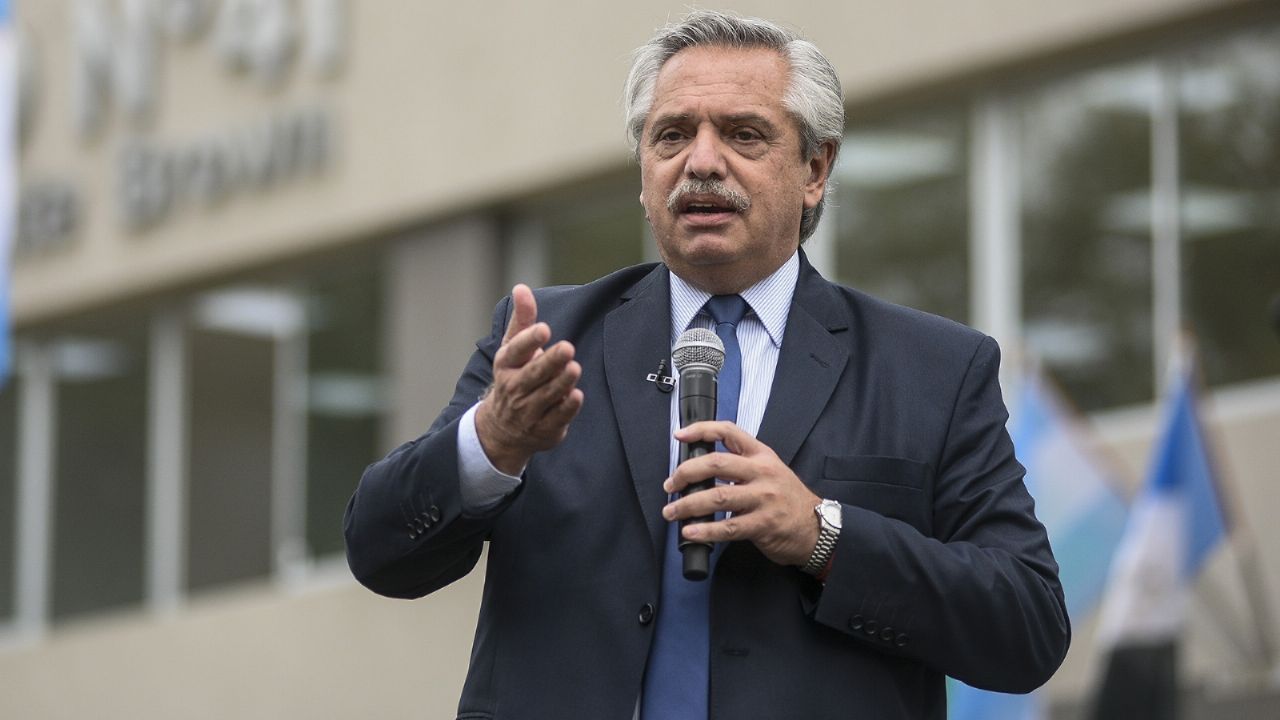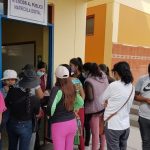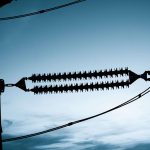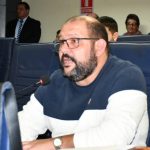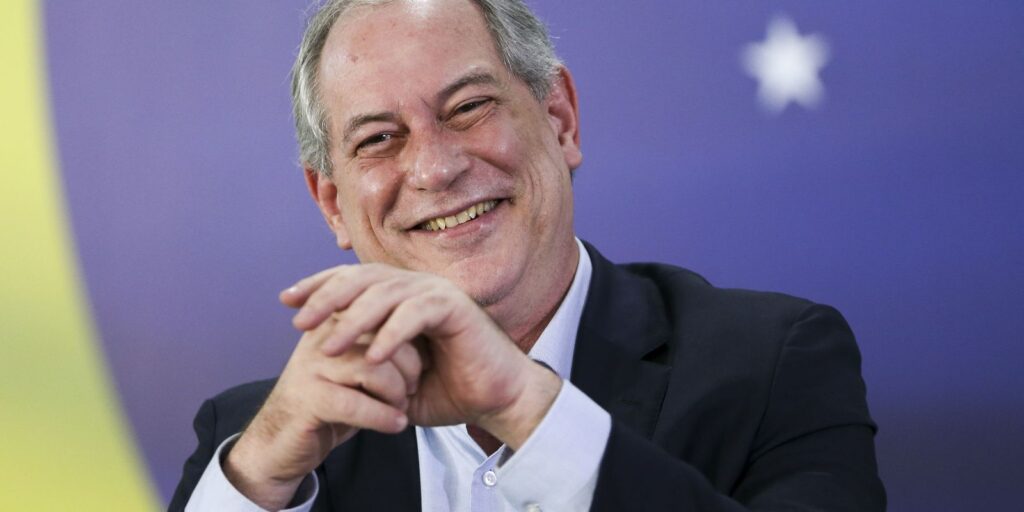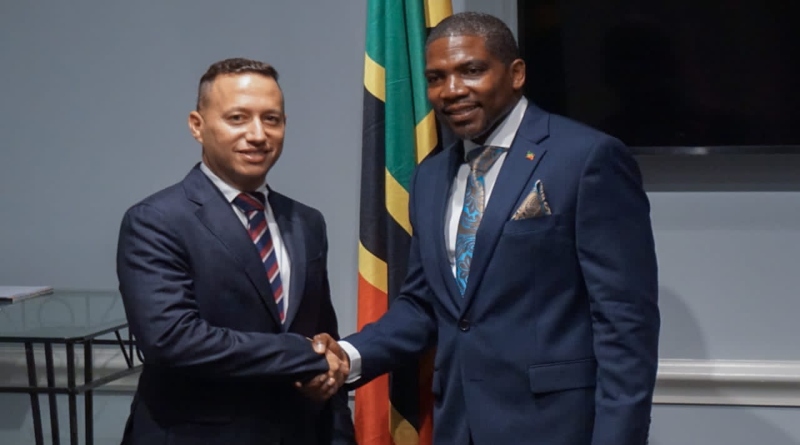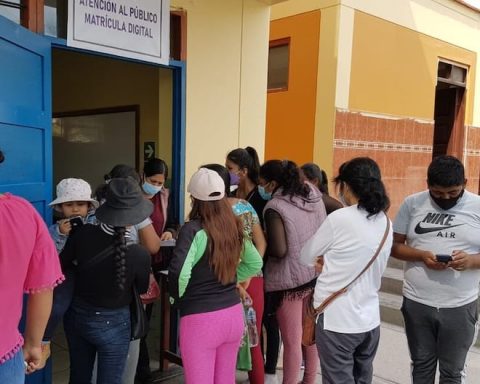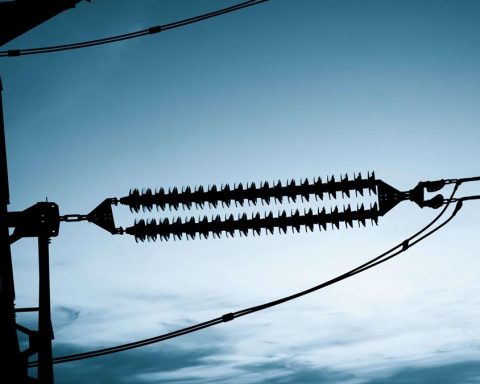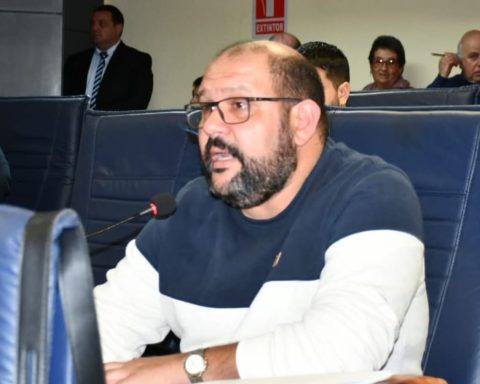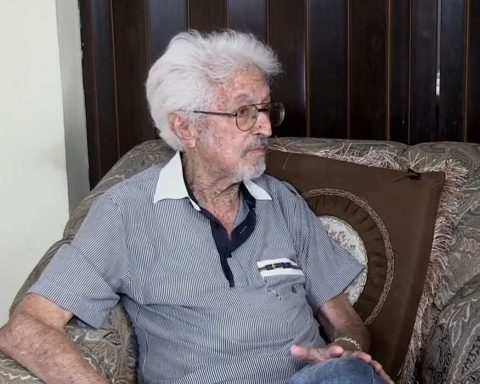This Tuesday, Alberto Fernandez will visit the works of the first lithium battery pilot plant in Argentina in La Plata and the facilities of Y-TEC (YPF-Technology) in the Berisso district of Buenos Aires.
The mandatary He will be together with the Minister of Science, Technology and Innovation, Daniel Filmus; what’s more Alberto Fernandez He will be accompanied by the presidents of YPF, Pablo González; from Y-TEC, Roberto Salvarezza; and from the National University of La Plata (UNLP), Martín López Armengol.
This given that the plant you will visit Alberto Fernandez It is a project that is being built jointly by the Ministry of Science, through the National Council for Scientific and Technical Research (Conicet), the National University of La Plata (UNLP) and Y-TEC, the energy company jointly managed by YPF .
The president’s visit to the factory will be very important, not only because he will supervise the progress of the works, but also because the plant called UniLib is expected to start operations from December this year.

With the support of a specialized team, 1000 batteries for stationary storage of renewable energies or about 50 for electric collectives can be manufactured annually.
As detailed by the Government, the objective of UniLib will be “to lead the process of lithium technologies in the region, with high technological standards, according to the demands of the most advanced international industry.”

In addition to “developing the lithium value chain, disaggregating the technological package of cell manufacturing and incorporating the largest proportion of local inputs or components in said process” and “accompanying the development of a storage systems industry, based on lithium ion batteries.
How much was invested in the project
The work you will visit today President It consists of 1,300 square meters of surface, where some 70 pieces of equipment will be installed to manufacture lithium batteries, given that, so far, Argentina imports or assembles the parts.

In said project, according to the Government, some 7 million dollars were invested, “US$5.5 million for civil works, machinery and the production of electrode materials, of which US$1.5 million were contributed by the ministry, US$2 million for the UNLP and US$2 million for Y-TEC. In turn, US$1 million corresponds to the laboratories and pilot plant acquired by Y-TEC”.
